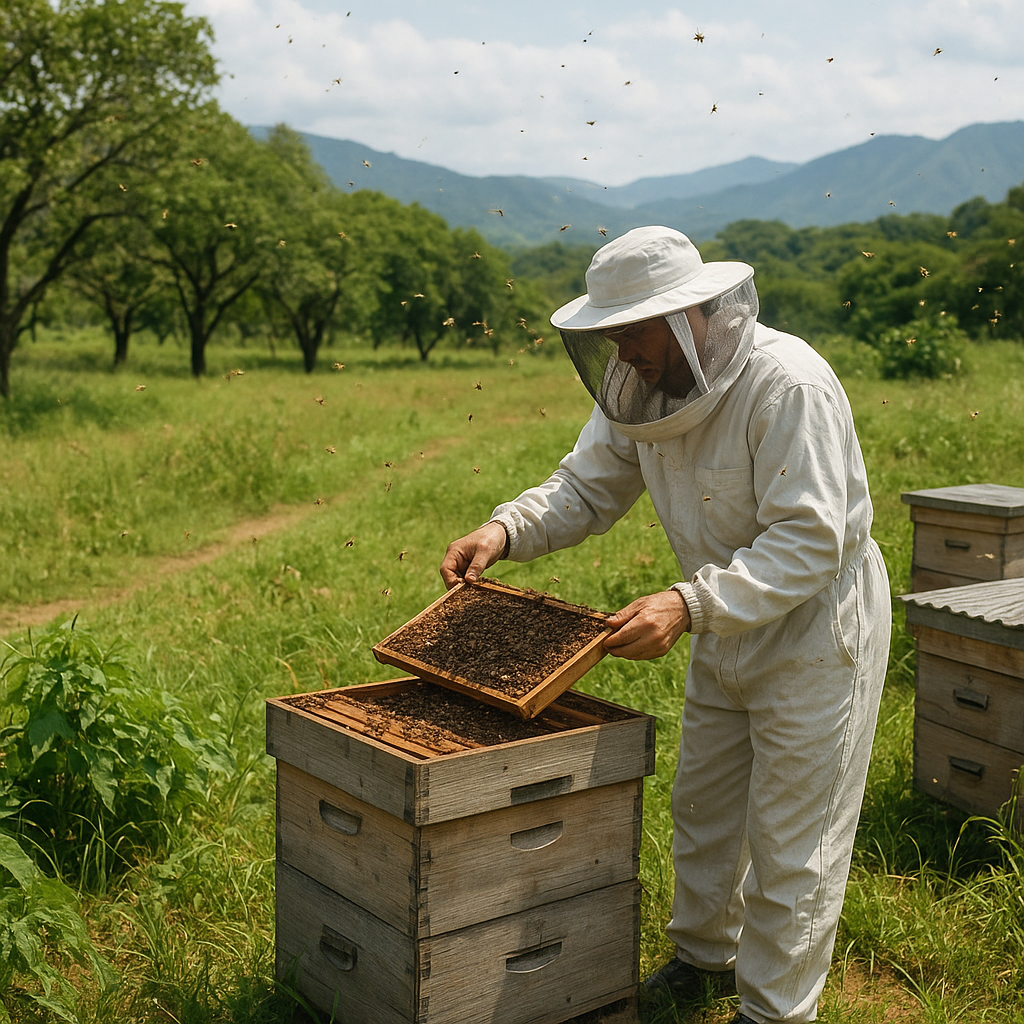Poultry farming has emerged as one of the most lucrative and sustainable agricultural ventures in recent years. With the increasing demand for poultry products such as eggs and meat, starting a poultry farming business can be a rewarding endeavor. However, like any other business, it requires careful planning, knowledge, and dedication to succeed. This article will guide you through the essential steps and considerations for starting a successful poultry farming business.
Understanding the Basics of Poultry Farming
Before diving into the poultry farming business, it is crucial to understand the basics of poultry farming. Poultry farming involves raising domesticated birds such as chickens, ducks, turkeys, and geese for their eggs, meat, or feathers. Among these, chicken farming is the most common due to the high demand for chicken meat and eggs.
Types of Poultry Farming
There are several types of poultry farming, each with its own set of practices and requirements. The most common types include:
- Broiler Farming: This involves raising chickens specifically for meat production. Broilers are bred for rapid growth and are typically ready for market within six to eight weeks.
- Layer Farming: This type focuses on raising chickens for egg production. Layers are bred to produce a high number of eggs and can lay eggs for up to two years.
- Free-Range Farming: In this method, poultry is allowed to roam freely outdoors, which can lead to healthier birds and higher-quality products. However, it requires more space and management.
- Organic Farming: This involves raising poultry without the use of synthetic fertilizers, pesticides, or genetically modified organisms. Organic farming can attract a premium market but may have higher production costs.
Choosing the Right Breed
Choosing the right breed of poultry is a critical decision that can impact the success of your farming business. Factors to consider include the purpose of farming (meat or eggs), climate conditions, and market demand. For instance, if you are focusing on egg production, breeds like Leghorn or Rhode Island Red are popular choices. For meat production, Cornish Cross or Broiler chickens are commonly preferred due to their rapid growth rate.
Setting Up Your Poultry Farm
Once you have a clear understanding of the basics, the next step is to set up your poultry farm. This involves several key components, including location, housing, equipment, and biosecurity measures.
Choosing the Right Location
The location of your poultry farm plays a significant role in its success. Consider factors such as proximity to markets, availability of water and electricity, and accessibility for transportation. Additionally, ensure that the location complies with local zoning regulations and environmental guidelines.
Designing Poultry Housing
Proper housing is essential for the health and productivity of your poultry. The housing should provide adequate space, ventilation, and protection from predators and harsh weather conditions. The design will vary depending on the type of poultry farming you choose. For example, broiler houses require more space per bird compared to layer houses.
Essential Equipment
Investing in the right equipment is crucial for efficient poultry farming operations. Some essential equipment includes feeders, drinkers, brooders, and lighting systems. Automated systems can help reduce labor costs and improve productivity.
Implementing Biosecurity Measures
Biosecurity is a critical aspect of poultry farming to prevent the spread of diseases. Implement measures such as regular cleaning and disinfection of poultry houses, controlling access to the farm, and monitoring the health of the birds. Vaccination programs should also be in place to protect against common poultry diseases.
Managing Your Poultry Farm
Effective management is key to the success of your poultry farming business. This involves overseeing daily operations, maintaining the health and welfare of the birds, and ensuring efficient production processes.
Feeding and Nutrition
Proper nutrition is vital for the growth and productivity of your poultry. Provide a balanced diet that meets the nutritional requirements of the birds at different stages of their life cycle. Consider consulting with a poultry nutritionist to develop an optimal feeding program.
Health and Welfare
Maintaining the health and welfare of your poultry is essential for preventing diseases and ensuring high productivity. Regularly monitor the birds for signs of illness and provide prompt treatment when necessary. Ensure that the birds have access to clean water and a comfortable living environment.
Record Keeping and Financial Management
Keeping accurate records is crucial for tracking the performance of your poultry farm and making informed decisions. Maintain records of production, sales, expenses, and health management. Additionally, implement sound financial management practices to ensure the profitability and sustainability of your business.
Marketing and Selling Your Poultry Products
Once your poultry farm is up and running, the next step is to market and sell your products. Developing a strong marketing strategy is essential for reaching your target customers and maximizing sales.
Identifying Your Target Market
Identify your target market based on the type of poultry products you offer. This could include local consumers, restaurants, supermarkets, or wholesalers. Understanding your market will help you tailor your marketing efforts and pricing strategies.
Building a Brand
Building a strong brand can help differentiate your products in a competitive market. Focus on quality, consistency, and customer service to build a positive reputation. Consider creating a unique brand name and logo that reflects your farm’s values and mission.
Utilizing Online and Offline Marketing Channels
Utilize a mix of online and offline marketing channels to reach a wider audience. Online channels such as social media, websites, and e-commerce platforms can help you connect with customers and promote your products. Offline channels such as farmers’ markets, local events, and word-of-mouth can also be effective in building a loyal customer base.
Conclusion
Starting a successful poultry farming business requires careful planning, dedication, and a willingness to learn. By understanding the basics of poultry farming, setting up a well-equipped farm, managing operations effectively, and implementing a strong marketing strategy, you can build a profitable and sustainable business. Remember that continuous learning and adaptation are key to staying competitive in the ever-evolving agricultural industry.



